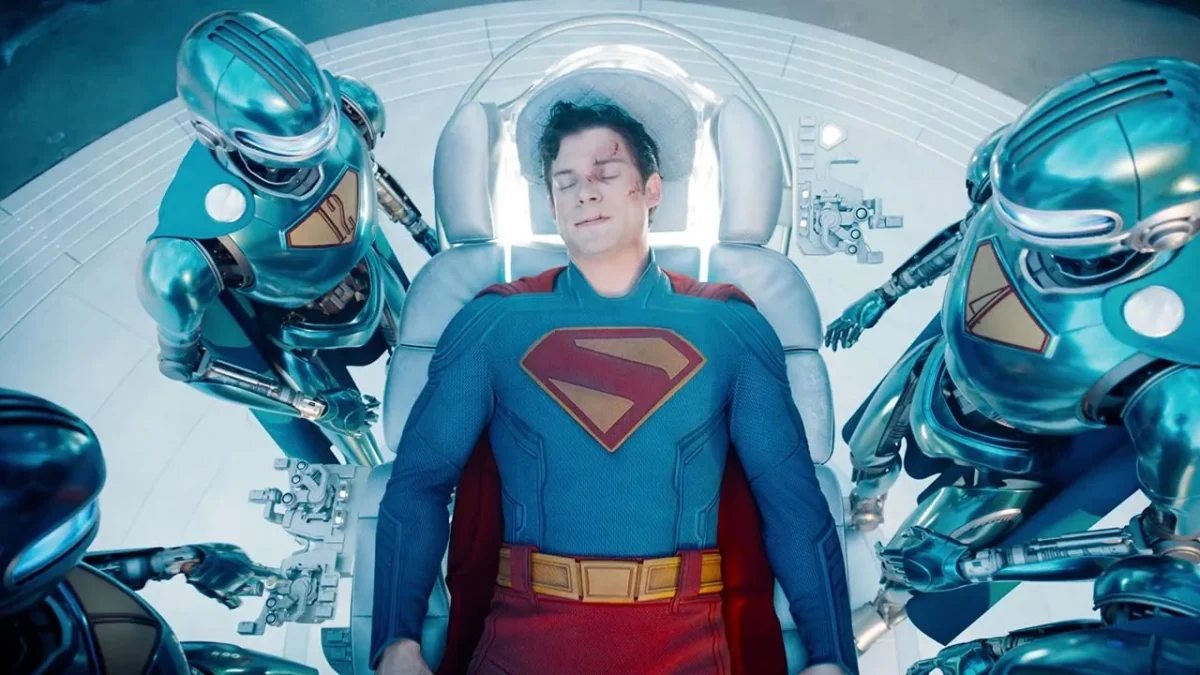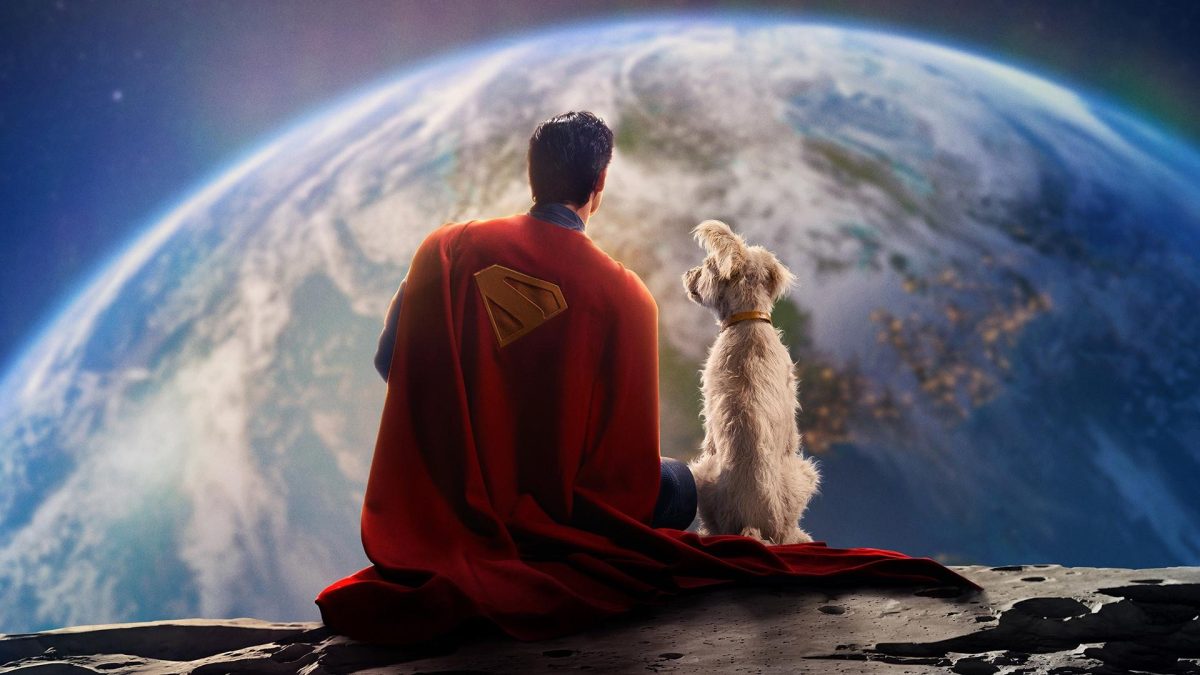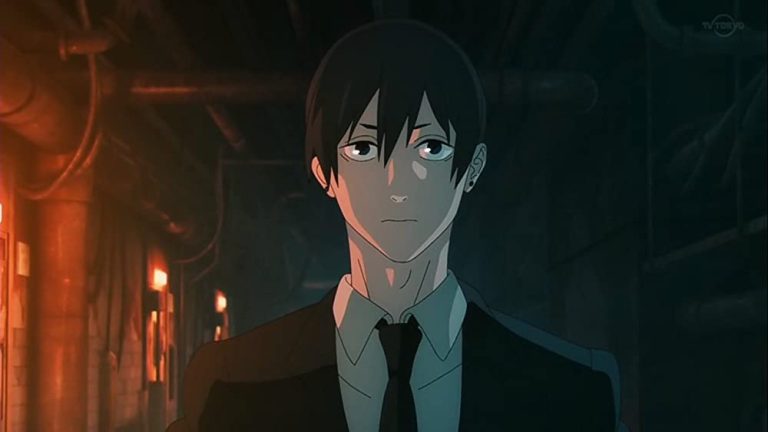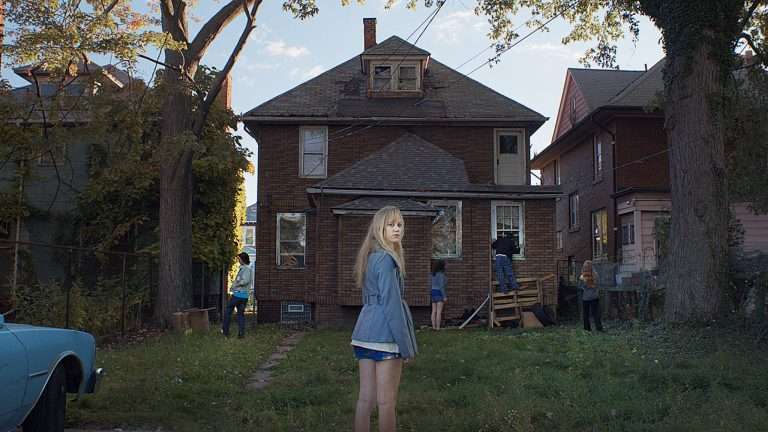On 15th July 2025, High on Films completed 10 years of its existence. In its decade-long journey, this vessel of cinematic discourse boasts of a growth that’s more intellectual than economic. It brought together a number of people who felt through films and allowed them to expand their world by situating cinema in our everyday context. In many ways, it mimics the growth of any of its readers or contributors. I started taking films seriously when I joined college 10 years ago. In my first year, amidst a discussion on “Interstellar” with one of my classmates, I was asked how I define a good film.
My reply was of traditional naivety – a good film is technically sound and is to the benefit of society. My friend scoffed but answered modestly – a good film is something after watching which you no longer remain the same person. In hindsight, it appears to me as one of the vital learning moments, making me realize that some perceptions of people can be fascinating enough to not require a counter but patient listening. In other words, I could now differentiate between an argument and a discourse, the latter defining a mutually enriching conversation.
High on Films provided the faculties and motivation to read each film as its own universe within ours. Passive readers became active ones. And active readers soon became speakers of their thoughts. High on Films emerged as a facilitator of empathetic wisdom by rigidly sticking to democratic principles in choosing the thoughts it platformed. It prioritized a diversity of conversations on cinema, without censorship, over a business strategy that baits people into readership. In other words, it platformed a discourse. And I was part of it.
When I started loving films, I was most fascinated by superhero mythology. My passion for comic book films allowed me to see the influential value they had. I believed that a child learns hope and resilience through these protagonists. I learnt that the absence of kindness creates these villains who hurt people because they are hurting themselves.
For the most part, as I was growing into cinema, comic book films were successful enough in communicating liberal virtues of civic discipline, honesty, and courage. However, when one reads into their homogeneity, exhaustion sets in. While watching “Wonder Woman 1984,” I wondered why all these characters are written to rescue a child from a burning building or a bank from getting robbed, but none of them stop a school shooting, or a hate crime by the police on a regular sidewalk.
I was too old to cry over my withering passion. And certainly, I wasn’t too young to continue to cling to the illusion of hope these films offered. It was rather an angry realization, prompting me to reject not only the mythology but also the idea of a superhero altogether.
One of my friends (Jai Bhatt), whom I got acquainted with through the discourse, recently pointed out that the entire idea of a superhero in American culture is to suppress collective resistance. The otherworldly problems are often distractions from the real problems that we face as humanity. The superhero is more often than not a cheerleader of the same violent systems that oppress us.
He is preoccupied with saving the world and its order against threats that are value-neutral in nature. These threats are born out of individual failures and not so much from systemic ones. The superhero will save the world against a “war” propagated by a “warmonger,” but remains oblivious to a system that profits from it. The superhero is often a conservative manifestation of a naïve belief in redeemable humanity corrupted by vices of greed, lust, and anger. But none of these vices are extrinsic to humanity.
Haven’t we favoured and celebrated a system that actively harms a million to reward a few? Are we not part of a society that believes we all are competing with each other? That our identities are in conflict with each other? That our self-preservation is essentially tied to the decay of the other? In a society held hostage by a bunch of powerful men, the illusion of scarcity is maintained to disarm unity by tapping right into our survival instinct to have rather than being a have-not. In such a society, the myth of a superhero is vital to ensure collective inaction. But it never had to be like this, at least not necessarily.
Artists have utilized the concept to protest against xenophobia, discrimination, political greed, systemic corruption, and persecution of marginalized people. They have tried to argue in favour of assimilation, solidarity, and tolerance. Every time an artist was driven by kindness towards the world around them, the superhero was reduced to a human. And the gravest conflicts either led to their disillusionment or retreat to humanity, wherein they themselves were as much of a victim as the people they were saving. Conclusively, whether the superhero will be a representative of American goodness or a victim of it always depended on the motivations of the artist.
When I started writing for HoF, I explored the cinematic portrayals of Batman and Joker and wrote reviews of every second comic book film that was released. As detachment from the good American superhero set in, and the world appeared more and more cruel, I couldn’t care about the industrial products manufactured in the guise of films.
Now, as HoF completes a decade of its existence and I return from watching James Gunn’s “Superman” (2025), I find myself compelled to write once again about the “superhero.” Because Gunn is seen almost reclaiming the character from the weight of its divinity and heritage of its exploitation for propaganda, as he strips Superman of his messianic aura to make him plead for the recognition of his fallible humanity.
Also Read: Joker in Cinema: Infinitely elastic yet extremely constricted
He is not the only writer-director to do so. When Nolan made Batman retreat to his fallible humanity, he had to be converted into a murderer for eight years, and his reclusion caused the city to rise above its social fragility, not his intervention. But Nolan had the privileged ignorance to write conflicts that only remotely resonated with the real-world challenges. Gunn has shied away from practicing privileged ignorance in the conception of the conflict for his film, but he couldn’t prevent the same in estimating the ability of the mythology to represent and, presumably, protest against the crisis we are experiencing at present.
As of July 2025, the Occupation of Israel has killed over 63,000 Palestinians in Gaza and the West Bank combined and has caused injury to at least 1,20,000 more according to official estimates. With countless people missing and countless survivors experiencing lethal trauma, the effects of the genocide of the Palestinian people are presently inconceivable. Israeli leaders have announced their objective to carry out ethnic cleansing of Palestinians in Gaza in order to further the occupation for the Greater Israel, with the complete support of the United States of America. These pages aren’t quite enough to contain the grief of experiencing a genocide of your people and the implications of living through a genocide as an outsider, watching people die.
Superman yells, “People were going to die” because he can’t fathom a realpolitik that champions inaction against the killing of people in the name of “consequences of interference.” In that brief moment, the character departs from the American way and represents the fundamental human virtue of kindness.
With the simple act of writing an allegorical narrative including Superman as one of the key participants, Gunn has created a superhero most vulnerable to human hate; a superhero who is also, perhaps inadvertently, a means to express anguish at the world’s active enablement of relentless persecution and killing of people.
The general distrust in industrial filmmaking due to their historical alignment with the imperialist cause of the USA motivates me to think that the anti-occupation narrative in “Superman” is merely exploiting the collective angst and grief of people, luring them into a show of solidarity to capitalize on their appetite for hope. But greater is the evidence on the side of wishful thinking. Gunn hasn’t used a Trojan horse to convey his message. It is quite blatant. The guiding framework is one of simplicity – Superman is an invincible character, so his invincibility can be overcome when he is treated as a human. Therefore, make him the centre of a public opinion against a geopolitical phenomenon, and his identity alone (or the lack of it) will cause his ostracization.
Also Read: All 10 Superman Movies, Ranked (From Worst to Best)
But the same weakness is also a great source of power. Because Superman prioritises being human over being an ethno-nationalist, he is driven by radical kindness, non-exhaustive, non-rivalrous, and non-exclusionary. We do not feel hope because we believe in the arrival of a Superman; we feel hope because we associate with a protagonist who is driven by a single moral principle – people should not die.
So many of us are tired of arguing for and/or explaining that no matter what the political scenario is, people should not die. So many of us are broken at the realization that the current world order has reduced humanity to a set of social transactions in perpetuity, wherein our empathy is either a matter of convenience or fear for self-preservation. It is not about the fact that each human has an equal and absolute right to life, so nobody should die. The red half of the capsule works only as far as we see ourselves in Superman.
As we reach the resolution of the narrative, the blue half of the capsule sets in. The allegory dies hereafter. After all, if the conflict is left unresolved, then it will not qualify as a “Superman” film. A “Superman” film cannot have a “man” throughout as its protagonist. The simplicity framework is extended from the conception of the protagonist to the entire fictional world.
All the inhabitants of this world are innocents driven to misunderstanding by a singular evil force – the envy of a man. All it requires for the hate against Superman to vanish is a revelation of truth. Once the truth is revealed, Superman will be accepted unconditionally, and the evil man will lose. No one will die because an aware mass of people will not allow a genocide just because it profits a couple of men. A bunch of truth-seeking journalists will rescue the world from hate.
As I exited the theatre, I returned to a world on the 647th day of the most recent genocide of the Palestinians in their 28,186 days of occupation, live-streamed every single day for the whole world to watch. No journalist from outside has been allowed into Israel since October 7, 2023, and over 217 Palestinian journalists have been killed by the occupation forces. Occupation forces have not confronted a bunch of people with sticks and stones through intimidation and warning. Instead, they have deliberately collected them in pockets to bomb them at once. The government has not arrested the evil men who are planning to capture the entire nation by forcing people out – it has invited them into big white buildings to discuss how they can be of help.







![Pale Flower [1964] Review – A Noirish Parable with Striking Imagery](https://79468c92.delivery.rocketcdn.me/wp-content/uploads/2019/07/Pale-flower-cover-768x432.jpg)

![Neon Bull [2015] – A Sensitive & Sensual Study of Dreamers from a Little-Known World](https://79468c92.delivery.rocketcdn.me/wp-content/uploads/2016/09/Neon-Bull-2-768x515.jpg)
